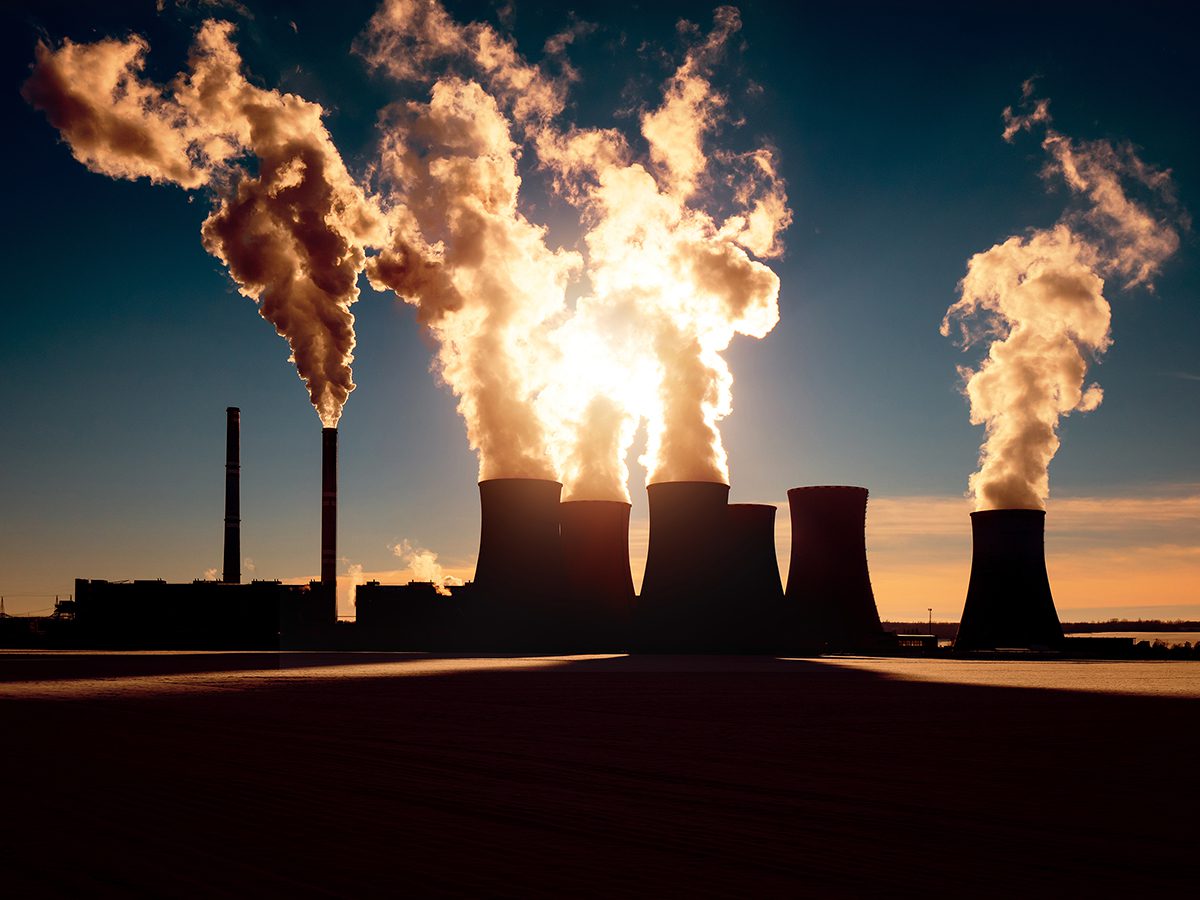
Governments and industry must deliver transformative change on net zero but are currently hamstrung by significant barriers, including global public debt, domestic tensions, increased opposition to decarbonization plans, and the need to guarantee energy supply, according to KPMG’s 2023 Net Zero Readiness Report.
Despite incremental momentum and specific successes such as the scaling up of low-carbon energy production from some of the world’s largest emitters, including the US, China, Brazil, Canada and the EU, progress is constrained by a backlash over the cost of decarbonization and conflict over its domestic impact.
Through conversations with national climate change experts in 24 markets and across 6 economic sectors, the report highlights those that are leading the charge in their progress towards net zero, and those where it is taking place more slowly.
In certain markets and sectors, the impact of low carbon projects on local wildlife, biodiversity and communities is triggering a rise in ‘green on green’ conflicts, causing clashes between renewable projects and the local environment.
On an individual country level, meaningful progress is hindered by opposition to measures that are perceived to have a considerable cost to people’s livelihoods.
In fast-growing economies, rapidly increasing energy demand is triggering investment in both low carbon and fossil fuel generation, leaving certain countries, such as India, unlikely to reach net zero until 2070, while in China, coal consumption is projected to rise until 2025.
Progress across different sectors is varied. Despite worldwide variation in adoption levels, the significant growth in the sales share of EVs is a global success story in how rapidly some sectors can decarbonize. However, within the international aviation and shipping industries, the pace of change is considerably slower and the goal of reaching net zero by 2050 hinges on significant increases in the production of Sustainable Aviation Fuels (SAFs), as well as government incentives.
Mike Hayes, Climate Change and Decarbonization Leader and Global Head of Renewable Energy at KPMG International, said:
“Governments, businesses, and society should continue to pursue action to address climate change. Further divisions between local communities and global interests are to be expected, but if we are to truly make meaningful strides towards net zero, at the necessary pace, while ensuring a stable energy supply, much greater focus is required. This includes in areas such as the policy environment (both carrot and stick), technical innovation, and educating society about the transformational changes that are required in our consumption and investment behaviors.”







